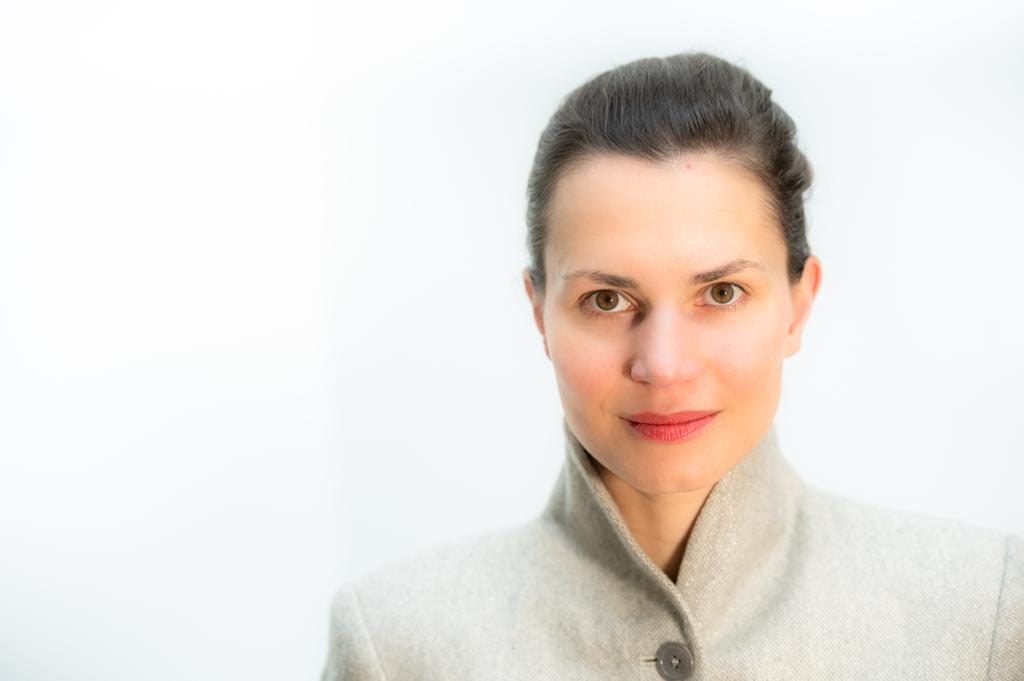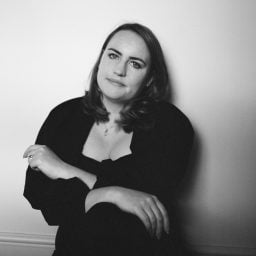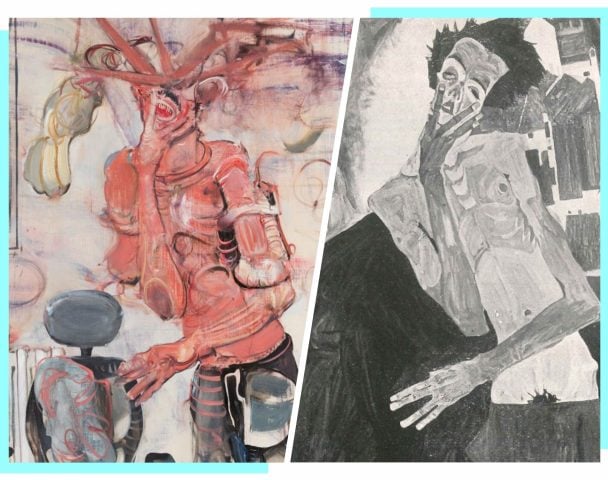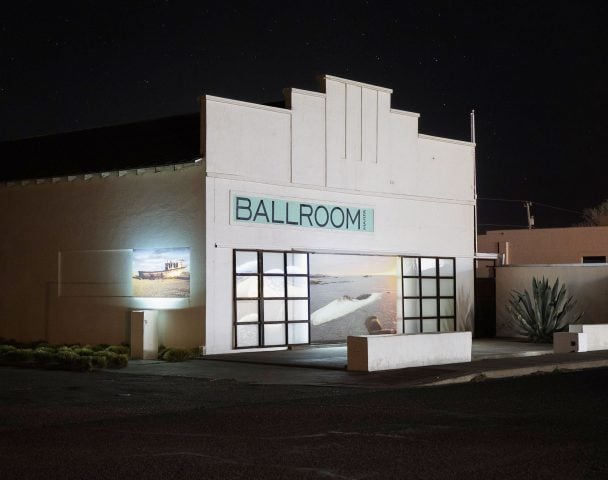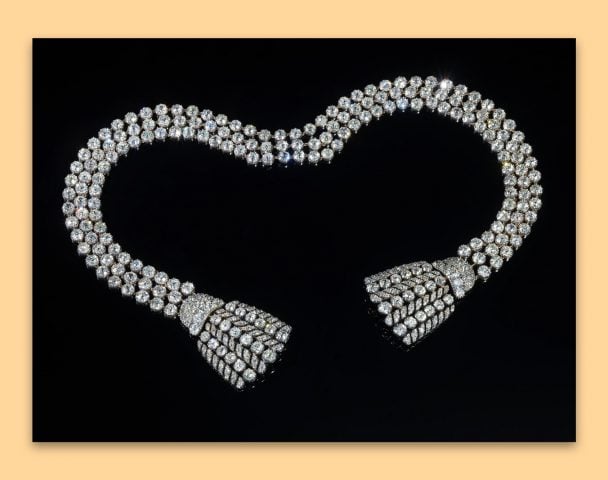A scandal is unfolding among the top brass at Brussels’s new Kanal-Centre Pompidou after the board of directors overruled an independent jury’s decision to appoint Kasia Redzisz, currently senior curator at Tate Liverpool, as its artistic director.
The board went against the decision of the jury, which was made up of a panel of experts including the directors of Whitechapel Art Gallery and the Reina Sofia, and unilaterally named museum veteran Bernard Blistène to co-pilot the artistic direction with Redzisz.
Blistène is currently the director of the Centre Pompidou in Paris, where his term is due to expire later this month. He has been working with the institution on its artistic programming for the past three years.
Members of the European art world, including artist Lili Reynaud-Dewar and ARGOS museum director Niels Van Tomme, have signed an open letter decrying the board’s decision. The statement claims that it was an “open secret” that Blistène had been promised the job at Kanal, and denounces the board’s decision to team up a competent female candidate with an older man as “an offensive act of sexism and a blatant insult to her expertise and capacities.”
The new Brussels institution is the result of a 10-year partnership between the Centre Pompidou in Paris and the Brussels-Capital Region. The search for Kanal-Centre Pompidou’s artistic director was underway as the institution prepared to fully open in spring 2024 after a six-year “test drive” period. Following an open call for applications, the jury narrowed down the pool of nearly 40 candidates to seven, all of whom were asked to develop their artistic vision for the institution, as well as its future partnership with the Centre Pompidou.
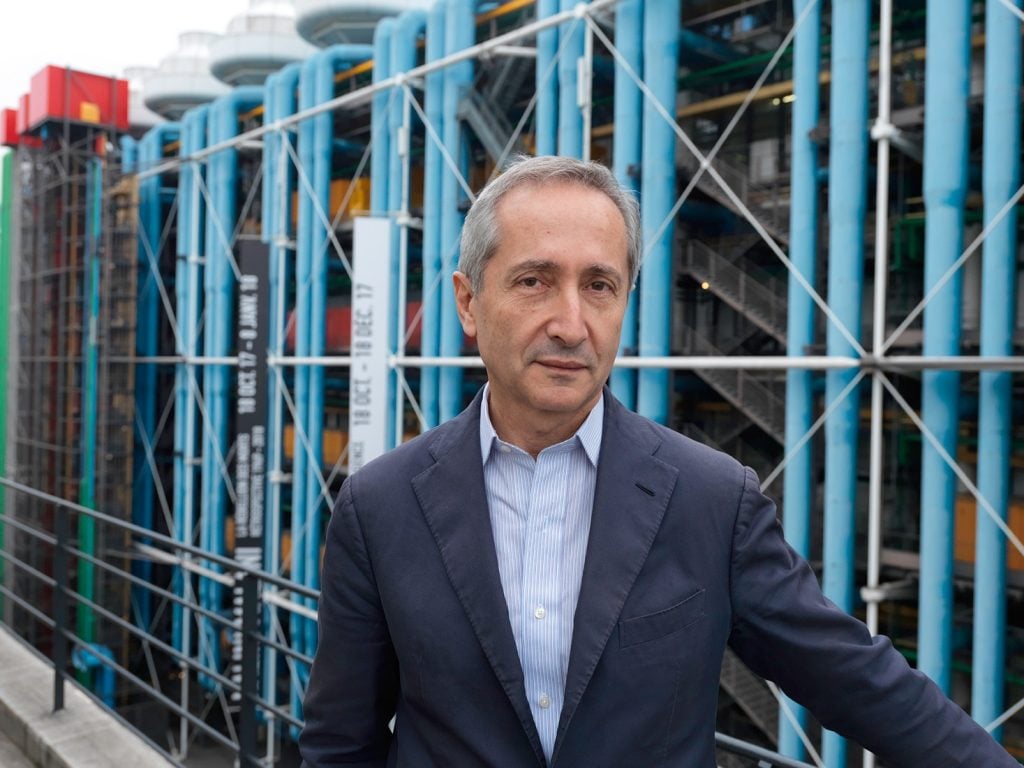
Bernard Blistène. Photo ©Thibauld Chapotot, courtesy Kanal-Centre Pompidou.
After interviewing all seven candidates, the 10-person jury voted on their choice. Four voted for Blistène: board president Michèle Sioen, the Kanal-Centre Pompidou’s current chief of mission Yves Goldstein, and two external experts, the director of MAC VAL Alexia Fabre and the director of the Reina Sofia, Manuel Borja Villel-Manolo. The remaining six jurors voted for Redzisz: board members Isabel Van Raemdonck and Hervé Charles, the artistic director of the CIVA museum Nikolaus Hirsch, the director of the Africa Museum Bambi Ceuppens, the director of Whitechapel Art Gallery Iwona Blazwick, and the director of the Festival of Marseille Jan Goossens.
While the majority of the votes favored Redzisz, the board came up with its “strange and unexpected” decision to appoint two artistic directors, a proposition that had never been on the table. It also did not offer a clear division of tasks.
“During the hearings before the jury, it was obvious that the two profiles of Kasia Redzisz and Bernard Blistène could form an incredible and fantastic collaboration to work together to create the artistic vision of Kanal,” a spokesperson for the institution told Artnet News.
“The fact that they both remained the last candidates in the running before the jury without an unanimous vote for either of them, prompted Kanal’s management to take the initiative to propose to Kasia Redzisz and Bernard Blistène the idea of collaborating together, thus combining experience and an innovative approach, new ideas and seasoned museum management, modern curatorial practice and in-depth knowledge of the collections of our partner, the Centre Pompidou.”
The spokesperson said that Redzisz and Blistène accepted the joint appointment, which was ratified by a vote from the board. The institution’s director, Yves Goldstein, a former politician with some previous experience working on a museum board, has been tasked with working with the new artistic directors on an outline for their collaboration to present to the board in September.
The open letter decries the board’s decision and its subsequent announcement of the joint appointment to the press as a “major deception.” It unpacks how the jury appointed Redzisz as the sole artistic director, and called for that decision to be honored by the board.
“She is a competent and experienced woman and there is not the slightest doubt that she would not be perfectly capable of doing this job on her own,” it said, as it called on the Brussels Capital Region to address “the sexism and lack of integrity, good governance, and transparency” at play.
“Time is up for boys playing dirty power games at the expense of women’s professional careers,” it said.
A source with knowledge of the jury proceedings, who asked not to be named, said there were “objective” reasons to have shortlisted Blistène for the job. “Everyone on the jury was clear about the fact that he is a competent man with an impressive C.V., but the majority of the jurors were also very clear about the fact that they did not see him at the head of this new artistic institution in Brussels as its first artistic director,” the source said, adding that Redzisz’s proposal was the “most competent” and “most visionary” of the pool. “It seems rather clear to me that the institutional connection between Kanal and Centre Pompidou has played a role and it is also clear, without saying more than that, that there was a proximity between Blistène and the top of Kanal.”
Other members of the Brussels art scene see the drama as yet another a sign of the art world’s inability to to shake the status quo. “I believe it is both linked to this project being led by a politician [Goldstein] with little knowledge of art and culture who is thus unable to oppose anything to Pompidou’s suggestions, but also of how difficult it is to create new situations even when an institution is new. The force of the status quo is such that it requires gigantic efforts to shake it, even slightly,” Anne Pontégnie, formerly chief curator at another Brussels institution, WIELS, told Artnet News.
“The shame here is that the building and Brussels’s inherent multicultural reality offers the perfect playground for the invention of a new institution as a collective place for sharing, for exchanging, for developing together tools for a life in common that we need to rebuild.”
